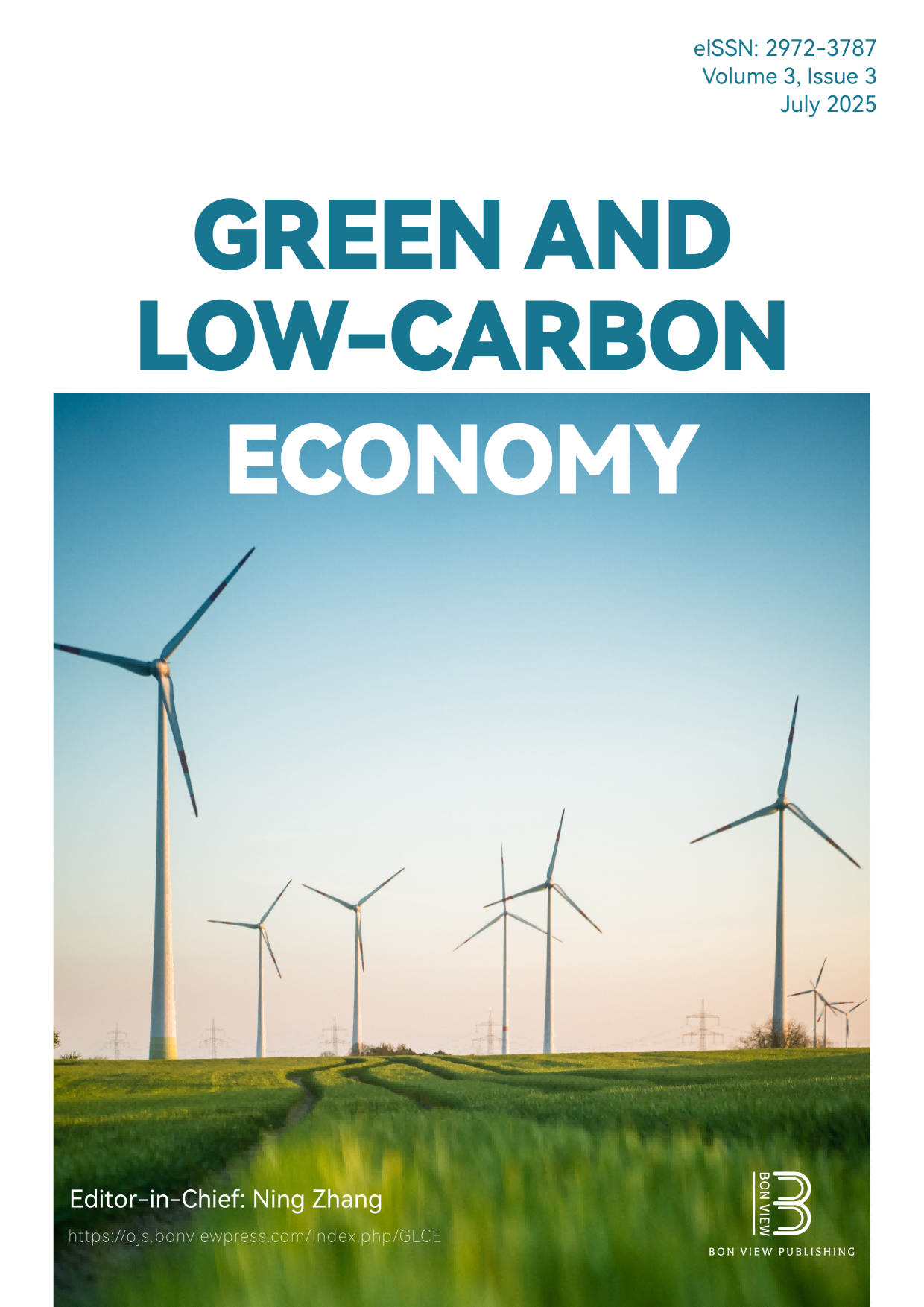Impact of the European Union's Carbon Border Adjustment Mechanism: Evidence from India and Other Selected Trading Partners of EU
DOI:
https://doi.org/10.47852/bonviewGLCE42022065Keywords:
Carbon Border Adjustment Mechanism, computable general equilibrium modeling, Global Trade Analysis Project Energy-Environment models, IndiaAbstract
The European Union (EU) recently introduced the Carbon Border Adjustment Mechanism (CBAM) with the intention to impose a pricing mechanism on carbon emissions, originating during the production process of emission-intensive products, imported by EU from its non-EU trading partners. However, CBAM is facing a lot of criticism – as an unfair, protectionist measure that threatens the principles of multilateral trading system and has a disproportionately biased impact on the overall welfare of the low-income developing countries. In this context, the paper empirically examines the impact of the EU CBAM on its trading partners by using the CGE GTAP-E model. The impact has been assessed across three pathways – export sales of the trading partners, the emission intensity of the products, and the overall impact on the welfare of the EU's trading partners using the GTAP-11 database. The impact varies across countries and sectors. The model estimates indicate that due to the imposition of CBAM, countries with existing domestic carbon pricing mechanism experience marginal increase in welfare with the UK being an exception. Contrastingly, countries with no carbon pricing mechanism will experience a decrease in overall welfare. Countries with a higher share of the EU in their total export basket are affected in terms of their export sales. India's cement sector export is affected the most due to the imposition of CBAM. However, India's total amount of exports of cement to the EU's market is negligible. India's export of iron and steel to the EU constitutes a larger share but the impact of CBAM is found to be negligible on the same.
Received: 14 November 2023 | Revised: 20 April 2024 | Accepted: 8 May 2024
Conflicts of Interest
The authors declare that they have no conflicts of interest to this work.
Data Availability Statement
Data are available on request from the corresponding author upon reasonable request.
Author Contribution Statement
Piyali Majumder: Conceptualization, Methodology, Formal analysis, Investigation, Resources, Writing - original draft, Writing - review & editing, Visualization. Somya Mathur: Methodology, Software, Validation, Formal analysis, Investigation, Resources, Data curation, Writing - original draft, Writing - review & editing, Visualization. Sanjib Pohit: Conceptualization, Methodology, Validation, Writing - review & editing, Supervision.
Downloads
Published
Issue
Section
License
Copyright (c) 2024 Authors

This work is licensed under a Creative Commons Attribution 4.0 International License.


